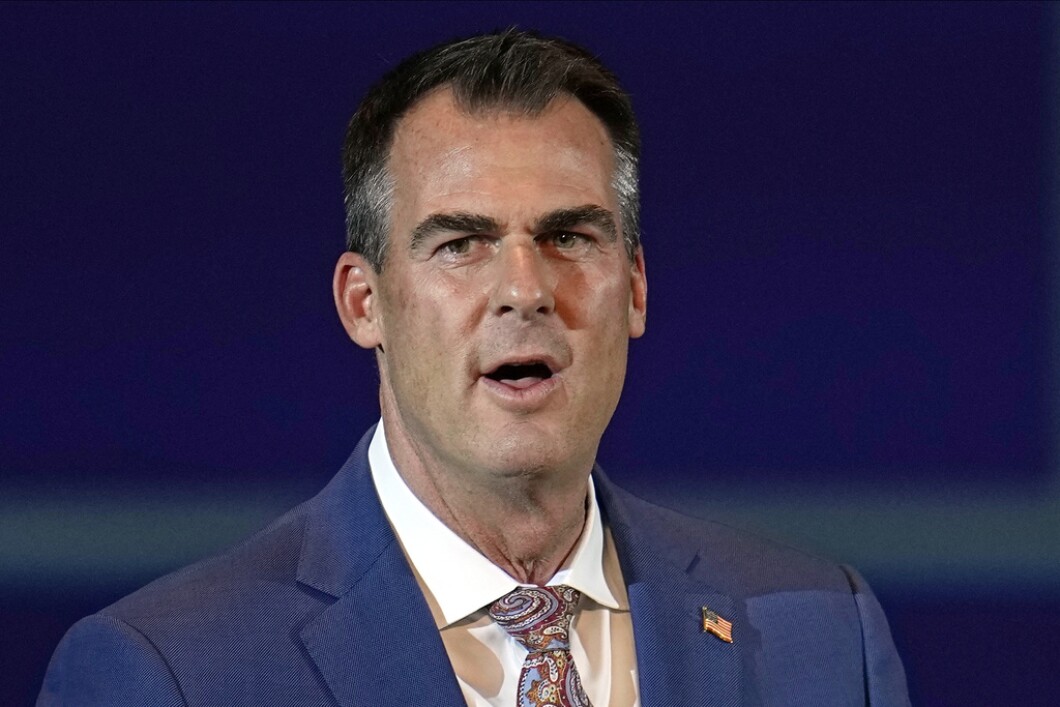
An executive order issued Wednesday by Gov. Kevin Stitt (R-OK) banning state agencies from having diversity, equity, and inclusion departments is the latest effort by Republican-controlled states to rein in DEI programs.
“In Oklahoma, we’re going to encourage equal opportunity rather than promising equal outcomes,” Stitt said in announcing his executive order. “Encouraging our workforce, economy, and education systems to flourish means shifting focus away from exclusivity and discrimination and toward opportunity and merit. We’re taking politics out of education and focusing on preparing students for the workforce.”
FOUR REASONS SPEAKER MIKE JOHNSON MIGHT STRUGGLE TO SUCCEED IN 2024
The order adds Oklahoma to a growing list of states that have enacted laws or orders prohibiting state universities from having DEI bureaucracies. To date, Iowa, Florida, and Texas have also established similar efforts, claiming that DEI organizations promote discrimination and push progressive politics.
Present at most universities, DEI departments are typically incorporated into the institution’s administrative bureaucracy, with many administering training programs on concepts such as implicit bias and other controversial topics that are often linked to critical race theory.

Each state has taken slightly different approaches to banning DEI. Florida and Texas have enacted the bans through legislation, while the board of regents for Iowa’s public universities voted to abolish all DEI positions last month.
Jonathan Butcher, a senior research fellow in education policy at the Heritage Foundation, told the Washington Examiner in an interview that as the issue gets more attention in Republican-controlled states, he expects more to follow suit in the coming year and believes that the issue could become a litmus test for conservative policy.
“Once Florida did it, that sort of set the bar and conservative lawmakers said this is the standard now that we should be aiming towards,” he said. “Every conservative lawmaker now should consider it a representation of their commitment to good policymaking.”
Butcher said one of the challenges facing lawmakers trying to ban DEI is that the programs are “ambiguous and vague,” which he noted is something that many courts have also encountered. He added that the Iowa Board of Regents specifically focused on the issue of ambiguity when deciding to eliminate DEI programs.
“They actually go out of their way to … say that DEI is very vague; it’s not clear what they’re really doing,” he said.
As state legislatures move into the 2024 legislative session, Butcher said he expects more states with unified Republican control to push for bans on DEI at their state institutions.
CLICK HERE TO READ MORE FROM THE WASHINGTON EXAMINER
“We should be looking at places that recently either made moves on either critical race theory or school choice or parent bills of rights because these things are all [from] the same parent empowerment mindset,” Butcher said. He specifically cited Utah and South Carolina as two states that could enact legislation this year, in addition to Oklahoma, which could seek to codify Stitt’s executive order.
“Courts have identified that these DEI activities are the enemy of free speech,” Butcher said. “It’s really incumbent on anyone who’s interested in free speech to continue to point out the examples of how DEI staff or DEI office programs get in the way of free expression.”





